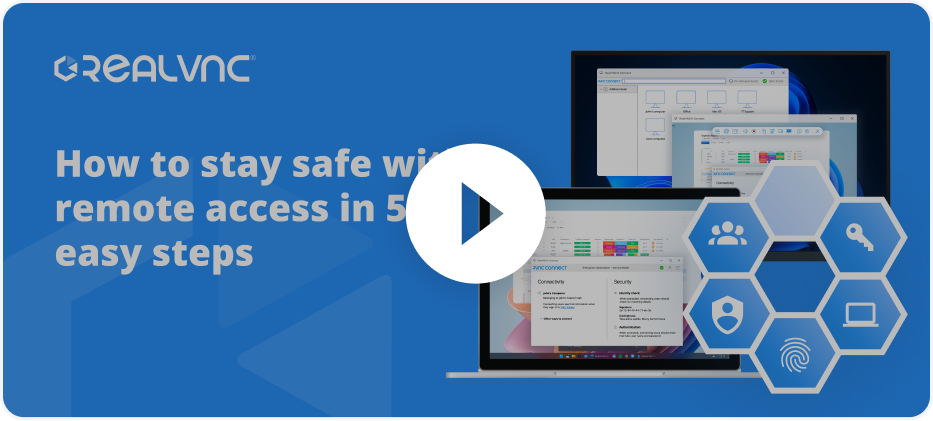If you’re a manager, regardless of your job title or which department you work for, we’re willing to bet that some of those bad days happen when one of your best team members hands in their two-week notice.
Losing good performers is tough for a number of reasons: it often impacts the performance of the team and affects their morale (especially if it’s a recurring issue), it costs your company time and money, and comes with the challenge of finding a replacement that may or may not end up being as good as their predecessor.
Sometimes the departure of a team member can even feel like a personal rejection, with you thinking something like “if I were a better manager, they wouldn’t have wanted to leave”. But the reality of running a team is that you’ll see employees leaving.
Some of the reasons will be beyond your control, such as an unexpected move or the decision to start a family, while some will be influenced by your and your organization’s decisions, like the implementation of a remote working program.
In this post we explain why allowing your employees to telecommute can play a role in making it easier for your staff to want to be part of your team for a long time.
Make them want to stay
Hiring a good employee isn’t easy, and it gets even harder when you’re limited by geographical boundaries, the availability of public transport, and the burden of long commutes. A remote working policy is a great way to prevent these issues from getting in the way of finding the best possible talents, at least when the role is not location-dependent.
The last decade has seen a significant increase in remote working – for context, among the current remote workforce, 73% of the workers have only started going remote in the last four years, and 55% of remote workers said they don’t just telecommute occasionally, but work remotely full time.
This means that if you are not allowing your employees to work remotely, your competitors probably are, making themselves a more attractive employer and increasing their chances of being successful.
The importance of having a remote working policy in place to boost retention rates is particularly important now that millennials make a significant part of the workforce: a survey conducted by Deloitte found that 44% of millennials expect to leave their company to pursue new opportunities within the next two years.
Interestingly, millennials also rank telecommuting privileges as the third most important factor (after work-life balance and career development) when evaluating job opportunities, and 75% of them would like to start working remotely, or do more of it.
To us, these numbers make it very clear that while the average tenure of workers is shorter than it used to be, offering remote working can definitely extend it.
Support diversity
Diversity is an important consideration when it comes to hiring and retaining employees. To put it simply, more diverse companies perform better, and there is research to prove it. In 2015, gender-diverse businesses were likely to outperform others by 15%, and racially diverse organizations were 35% likely to do better financially than non-diverse ones.
This means that the inclusion of diversity makes it easier to hire and retain people because it makes companies more competitive, productive, and engaging – all factors that rank pretty highly in anyone’s “things that make a workplace great” list.
Embracing and supporting diversity as a business makes sense both ethically and financially, and if your company is looking to employ a more diverse workforce, a remote working policy will make it much easier.
A study conducted by Vanson Bourne on behalf of RealVNC confirmed the value of a flexible working policy to boost diversity: for example, 65% of US-based participants stated that implementing remote work would allow them to employ more people with disabilities or chronic conditions. An additional 63% feel that by allowing people to work from home they could attract and employ more 18- 35 year-olds, while 53% believe it would boost the employment of women.
Empower your team
Remote working has many benefits for all parties involved: it saves the company money, expands recruitment opportunities, and gives the employees the chance to work around their schedule. But beside the financial benefits, a successful remote working policy brings you something that can’t be measured, but is equally important: it helps you build trust.
When you allow someone to work away from the office, you essentially tell them that you trust them enough to expect that they’ll be as productive away from the office as they would be if they were sitting a cubicle away from you. It’s a powerful message of empowerment that is bound to make your employees feel trusted and will strengthen the relationship they have with you.
Of course, to be successful the transition to remote working requires significant groundwork: you need to be confident in your ability to recruit the right people and have the tools and the support necessary to source the best talents. You will also need to communicate with your remote employees regularly, and to make it as easy as possible by selecting the appropriate technology, such as teleconferencing tools and good remote access software.
By making a continuous effort to support your employees, regardless of where they work, and by encouraging them to get in touch with you and the rest of your team to share their ideas and issues, the trust between you will grow stronger. And trust is directly related to loyalty, as one third of the workforce reports that their desire to stay or to leave their company is the direct result of trusting (or not trusting) their boss.
A remote working policy will not magically solve your employee retention issues. While there can hardly be any loyalty without a healthy work environment and a positive, constructive relationship with you as a manager, there is evidence that telecommuting privileges are likely to increase the tenure of your employees.
This is one of the many reasons that taking the time to create a remote working policy founded on open communication and enabled by technology to help your employees stay connected will benefit your business in the long run.
Speaking of technology, if you want to know how a good remote access software can help you support your remote employees, check out this eBook.













